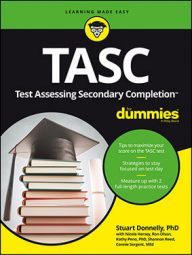Both major and minor details can be important to a story to describe something so that a reader can comprehend what the author is talking about. However, major details offer insight into the story's meaning.
Example #1: Susan's dress was bright blue. She wore it on Tuesdays.
The color of Susan's dress is a minor detail here.
Example #2: Susan chose a blue dress to wear to her daughter's wedding to match the bridesmaids' dresses.
Here, the color of Susan's dress is a major detail because it offers insight into what the author is talking about.
Read the following passage and see if you can identify the major details and the minor details:
Mabel was the only child of Bob and Alice. She was the love of their life. When Bob came home from work, he found Mabel asleep in her crib. He had worked late again and missed putting his little sweetheart to bed. He didn't like missing these important times with her — giving her a bath, feeding her, shaking her rattle and watching her laugh. But most of all he missed rocking her to sleep. He kissed his finger and placed it on her forehead. Her skin was pale and smooth like silk. "I'll try to make it home early tomorrow night, my little love."List the major details. List the minor details. What would happen to the story if the author left out the major details? What would happen to the story if the author left out the minor details?
If the author left out the minor details, the story may not be as interesting, but you'd still be able to understand what the author was trying to get across. Focusing on the major details when reading can help improve your comprehension.

